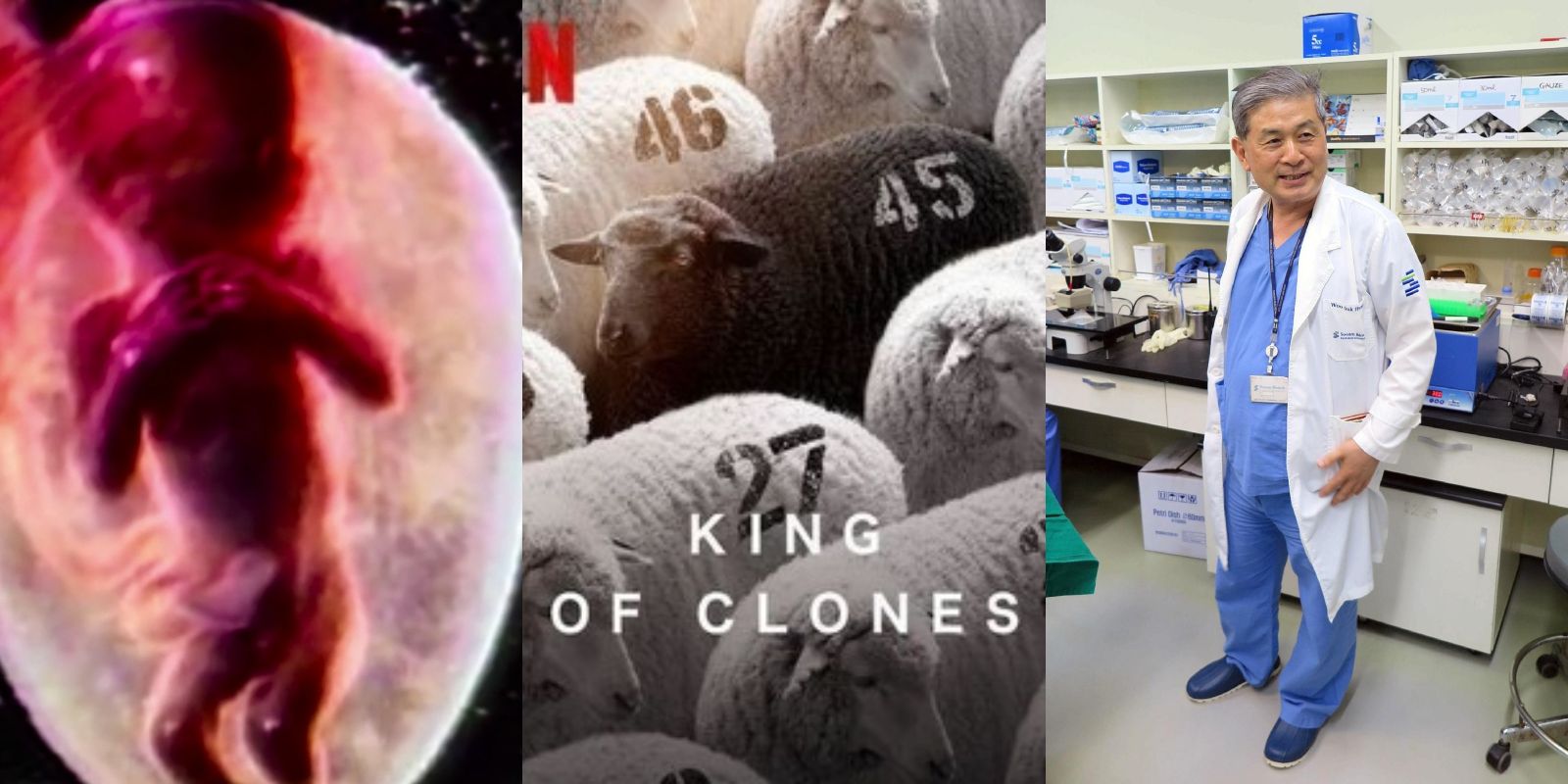In our time reviewing Netflix documentaries, we’ve seen some wild stuff. From strange social experiments revolving around a millionaire dog to creepy South Korean death cults masquerading as churches. There’s no shortage of strangeness to mine within the streaming service’s vast library of shows. Just when we thought we’d seen it all, we come across a story that leaves us utterly shocked and hungry to explore the depths of human depravity. Enter “King of Clones”, a documentary that follows the story of South Korean scientist Hwang Woo-suk and his meteoric rise to fame for his astonishing claims of being the first scientist to successfully clone a human being. He was even known across the scientific world as the “Pride of Korea” at some point. Then, it all came spiralling down as lies were exposed and ethical lines were breached.
What we’re wondering is if Netflix’s “King of Clones” is for real. Are there some actual Frankenstein-levels of madness at work here? Or will this prove to be all bark with no gripping bite? Let’s find out!
Set in the 2000s, the documentary follows a brilliant veterinarian-turned-stem-cell-researcher who presents to the world his seemingly groundbreaking findings in a scientific journal. His research had shown positive results of successful cloning of human embryos. With this discovery, he took the scientific world by storm. His research promised to pave the path forward for creating healthy new organs to transplant and repair damaged nerve cells. Essentially, he did everything short of promising the world the chance at eternal life. Amazing, right? Well, no, apparently his findings were just straight-up fabricated.
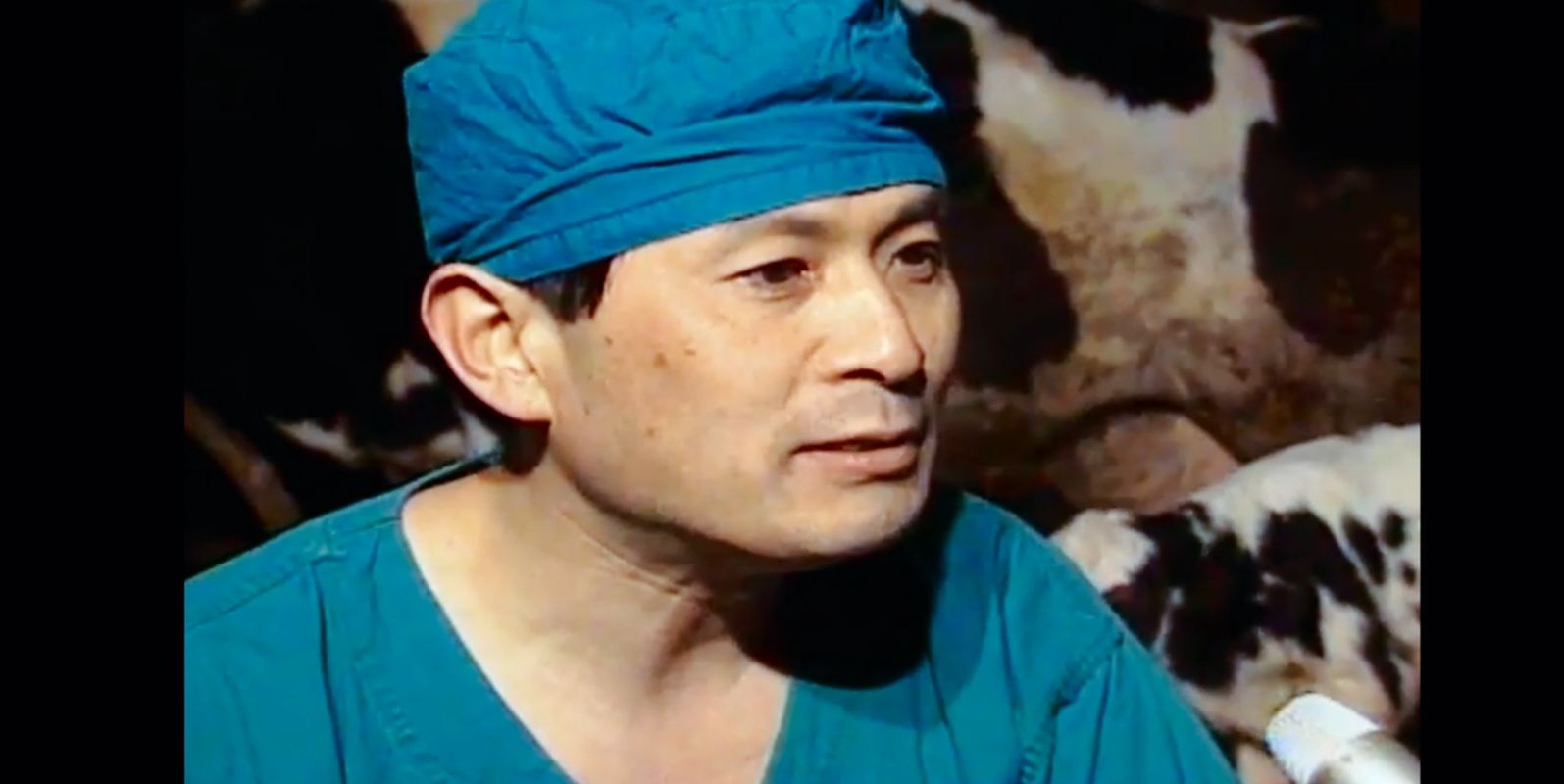
That being said, the documentary doesn’t simply depict the researcher as a caricature of a sleazy, lying scoundrel. Aditya Thayi and company do indeed acknowledge that in 1999, Hwang did successfully manage to clone a whole dairy cow. An achievement that lent some credence to South Korea and the world’s trust that Hwang might have been able to do the impossible. It’s a tragic case of flying too close to the sun. There are a whole lot more disturbing details to this case of scientific fraud, though and we soon learn about how far Hwang went to prove himself.
Cloning isn’t the process of merely grabbing some random organic matter, putting it in a science oven and making a new living organism. Rather it’s a delicate process of removing the nucleus of an egg, which stores the genetic information of a cell and replacing it with the nucleus of your clone subject before trying to stimulate it to replicate through electricity. You’ve all probably heard of the famous case of Dolly, the cloned sheep. For years, there have been debates surrounding the ethics of cloning. Issues were raised about where the line is drawn and the creepier implications of possibly creating intelligent life. It’s all very morally grey.
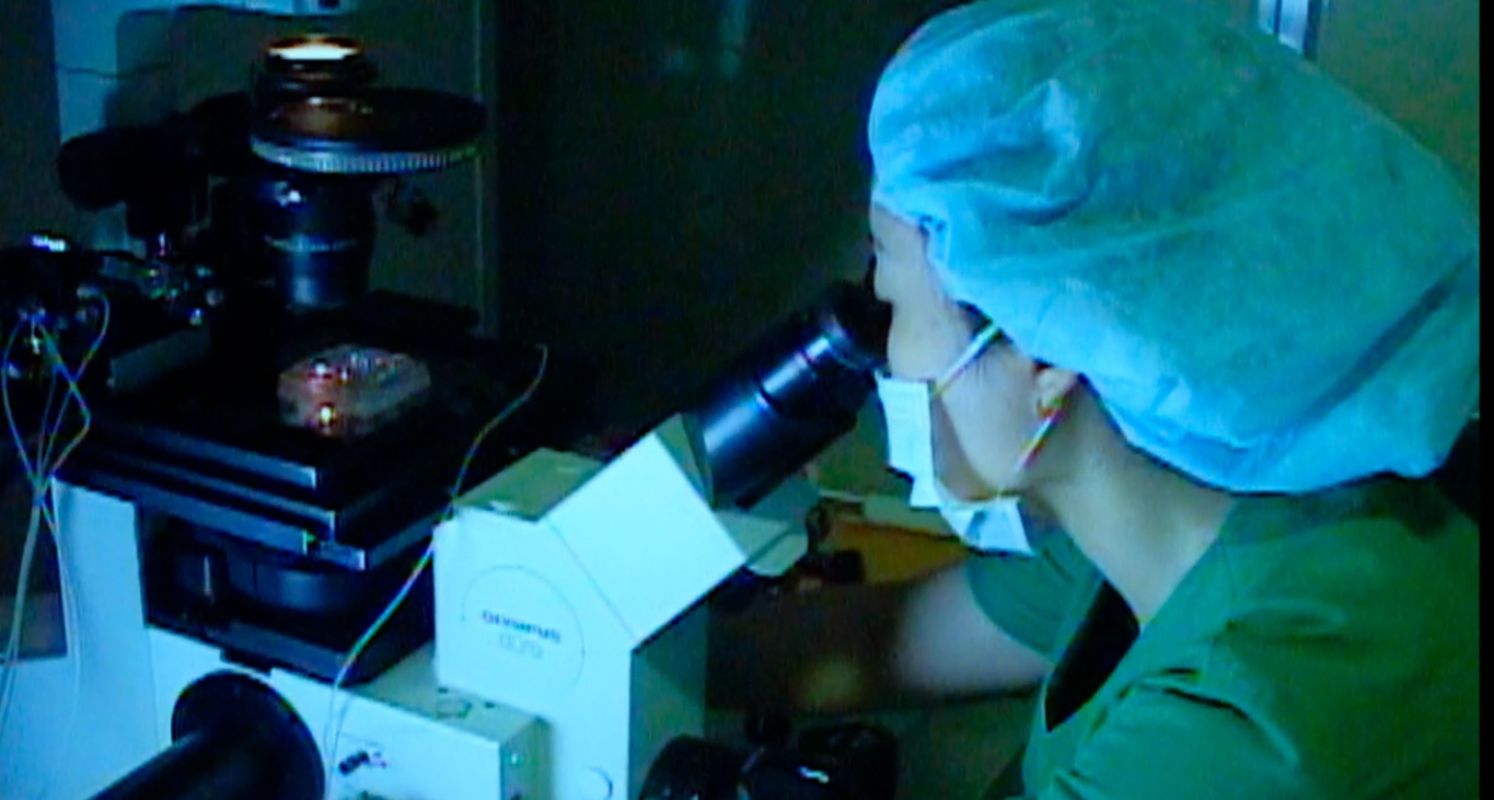
Do you know what’s not morally grey? Coercing your students into providing their ova so you can continue to try to have a medical breakthrough. It’s clearly a black-and-white case here! Dubbed the “Hwang Affair”, the controversy surrounding his research eventually led to him being fired from Seoul National University and imprisoned for 2 years. In spite of its runtime of approximately an hour and a half, “King of Clones” chronicles the rise and fall of one of South Korea’s top minds without ever much fluff or filler.
This is in large part due to the fact that there were so many parties willing to collaborate in discussing the matter, including the man himself, Hwang Woo-suk. So many times, documentaries like “Ghislaine Maxwell: Filthy Rich” rely heavily on secondary and tertiary sources to form the narrative threads of the story they’re trying to tell. While we don’t doubt the sincerity of their testimonies, they often lack some of the more explosive power of hearing it from the horse’s mouth. Hwang being heavily featured in “King of Clones” provides an added dimension to the documentary.
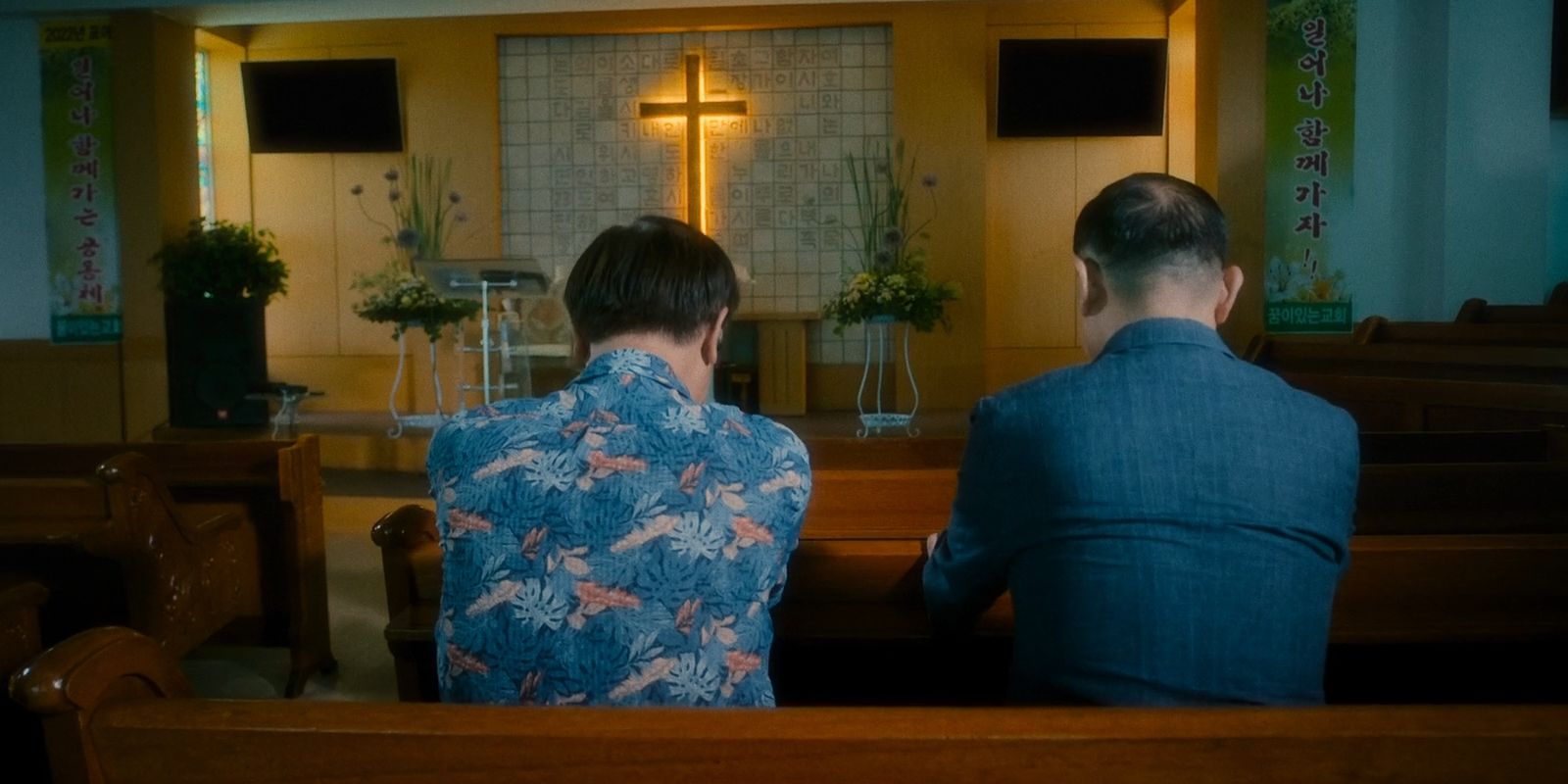
We don’t have to rely on intelligent (and sometimes not so salient) guesses on what the person was thinking at the time throughout the events. Hwang has admitted on camera that what he did was wrong and that he’s trying to move on from the shadow of his past to try to be a better man and scientist. There is a haunting segment at the end in which Hwang visits Pastor Kim Jea Un who embraces him as the both of them enter into a church. It concludes with Hwang questioning viewers and the public whether or not humans should have the right to play God.
The heavy themes and complicated subject matter of “King of Clones” are thankfully presented with plenty of easy-to-follow illustrations backed up by qualified experts speaking on the matter. There are moments when some of the comic-book panel sequences with voice-overs do undermine the gravity of the situation but the effort is still appreciated. Our biggest gripe with the whole documentary is the choice of the title. “King of Clones”? Are you serious? You decide to make a relatively respectable accounting of one of the greatest scientific scandals of all time and you decided to take a page out of the anime-naming convention? Ridiculous.
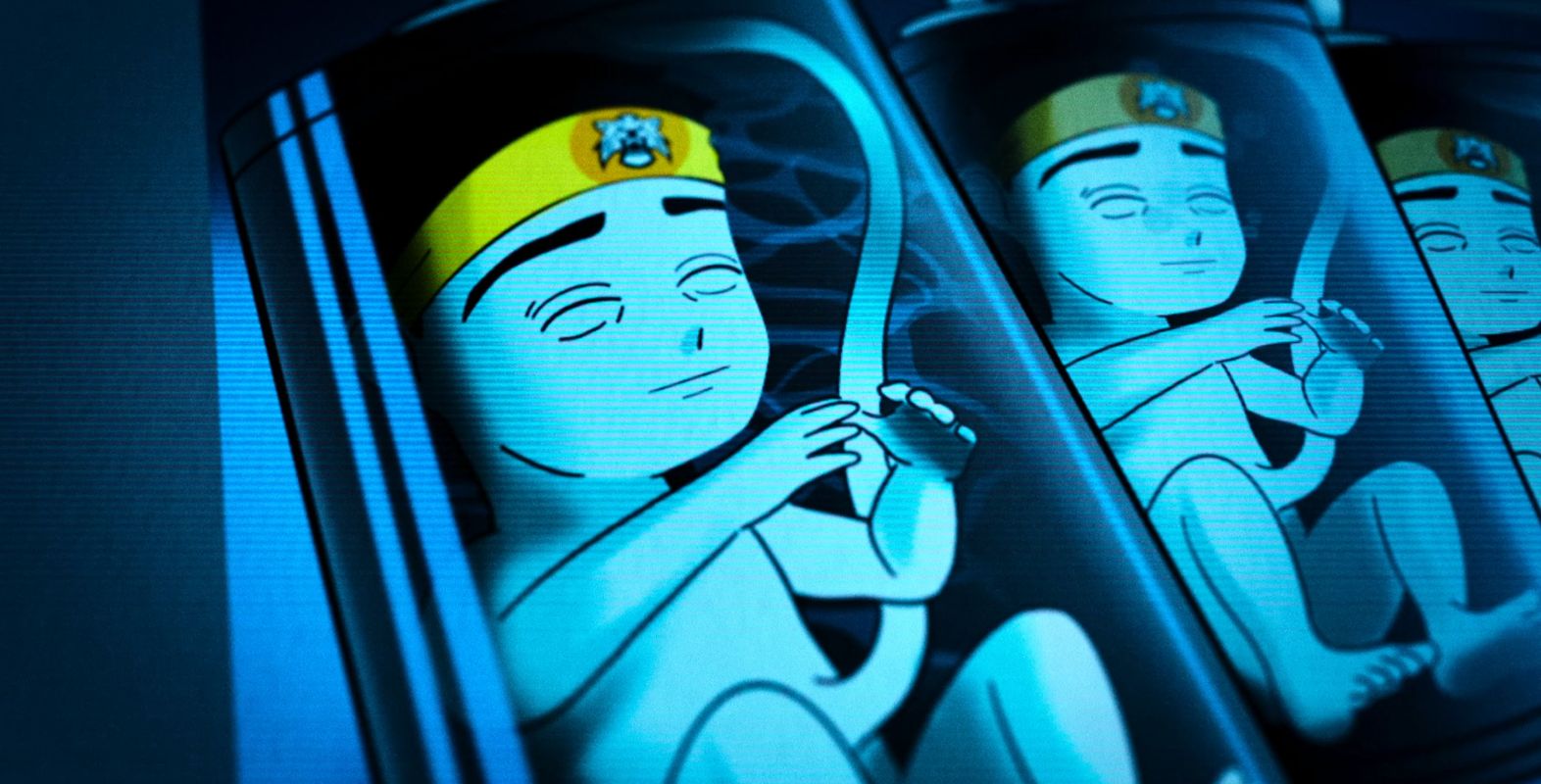
With a captivating story and clever presentation, Netflix’s “King of Clones” never has to compromise between its nuanced, winding subject for cheap, true-crime thrills. The issue of cloning is still a hotly contested one to this day in the scientific community and while “King of Clones” won’t do much to break the gridlock, it does a fantastic job of empowering the viewers with enough know-how to be involved in the conversation. If you’ve ever wondered how stem-cell research and cloning work and you’re not in the mood to scroll through the Wikis, this one’s for you!
You can now catch “King of Clones” on Netflix today!
Follow us on Instagram, Facebook or Telegram for more updates and breaking news.
The Review
Netflix's "King of Clones" Review
With a captivating story and clever presentation, Netflix's "King of Clones" never has to compromise between its nuanced, winding subject for cheap, true-crime thrills. The issue of cloning is still a hotly contested one today in the scientific community and while "King of Clones" won't do much to break the gridlock, it does a fantastic job of empowering the viewers with enough know-how to be involved in the conversation.
Review Breakdown
- Netflix's "King of Clones" Review


